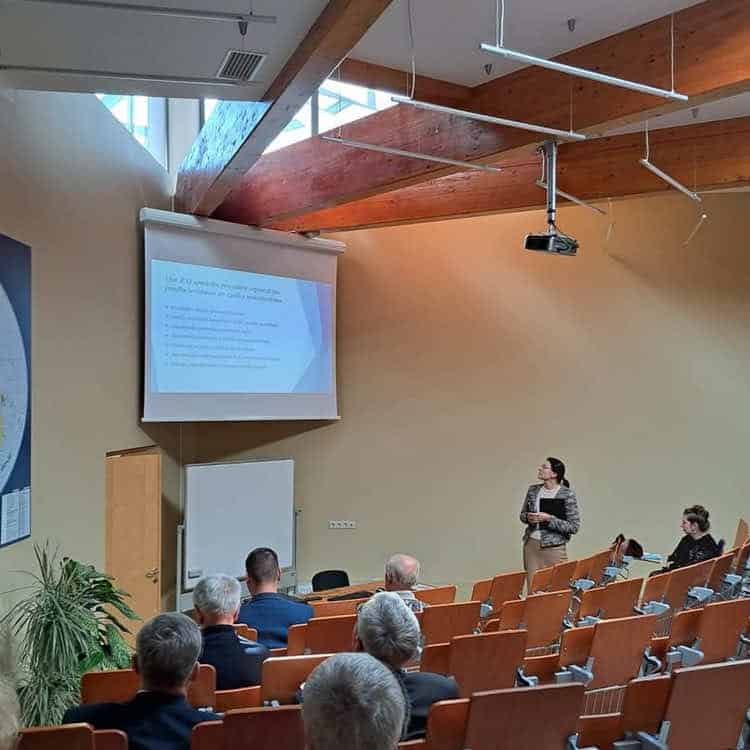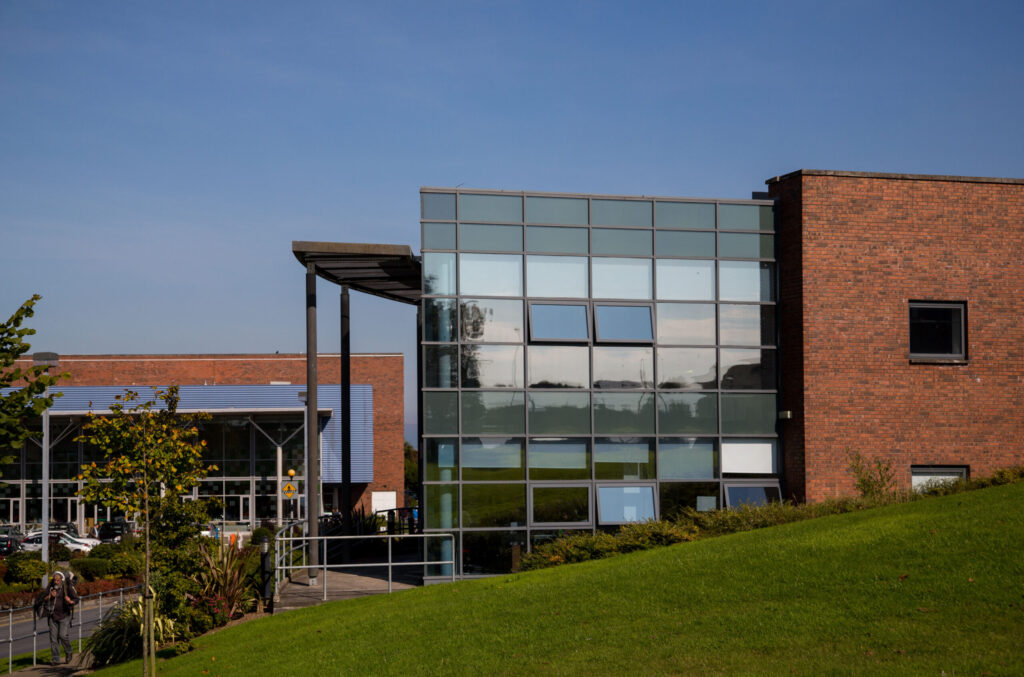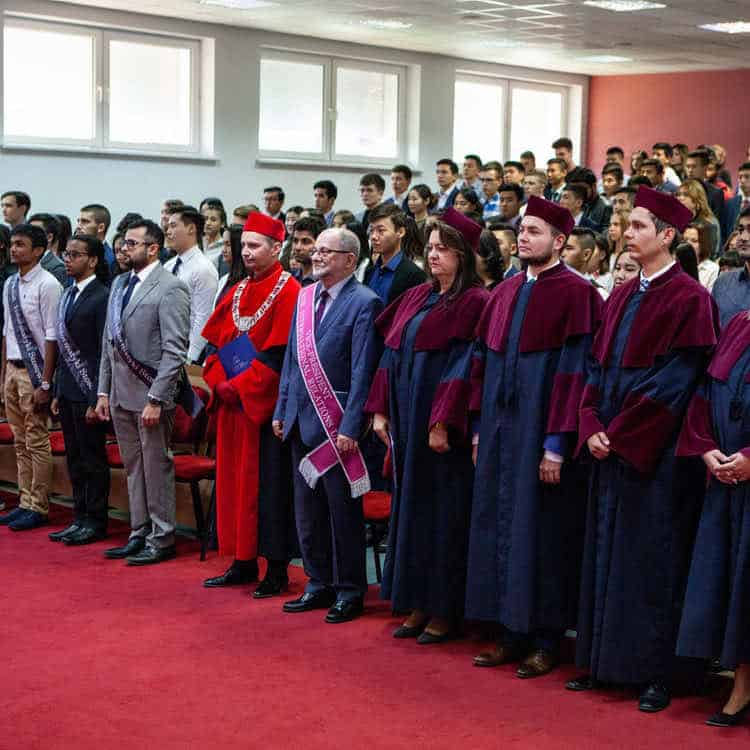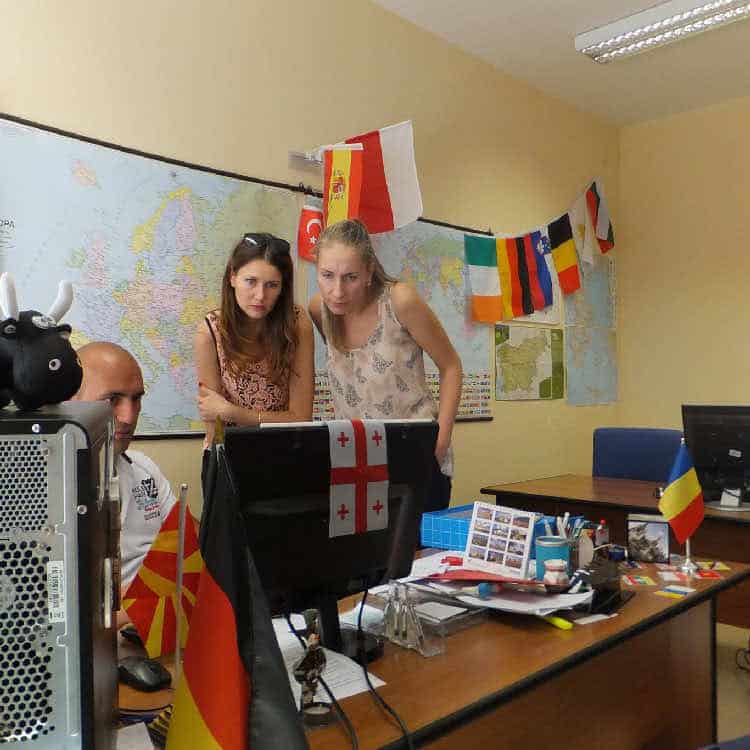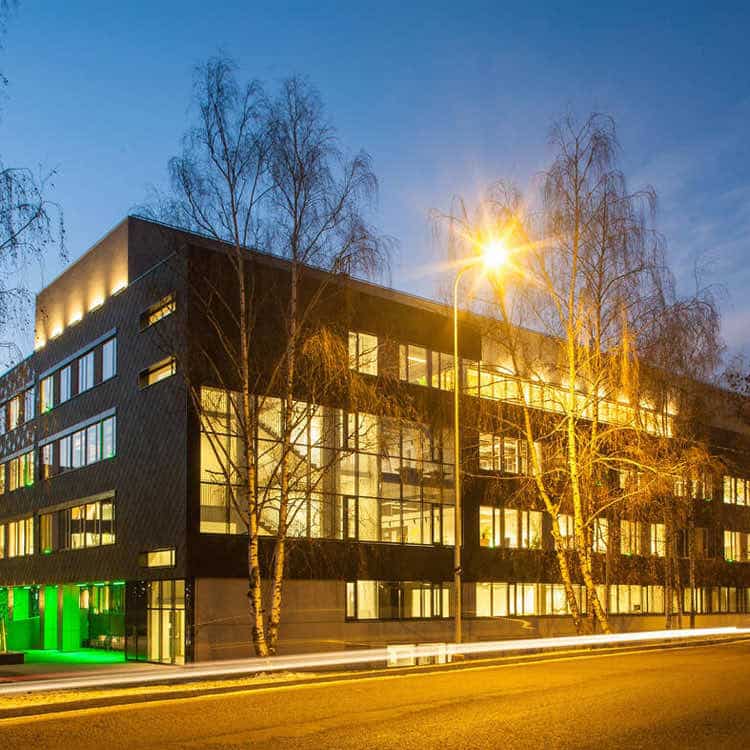All Transportation Engineering
For most manufactured products, transportation costs (using statistics from the United States) add about 5% to 10% to the final price. For raw materials, which are bulkier, the figure is around 20%.Now, bear in mind that America is a developed country with fairly good infrastructure. How much more do you think stuff would cost if transportation engineers didn’t have their act together?The field of transportation engineering covers everything involved in the planning, design, and operation of transport networks. Crucially, this is done using the mathematical and scientific tools, combined with technological know-how, that are characteristic of all engineering disciplines. Naturally, there is considerable overlap between transportation engineering and civil, electrical, mechanical, marine, and aeronautical engineering. Transportation engineering can therefore be studied as an advanced degree by graduates of any of these branches, as an undergraduate specialization, or (less commonly) as a dedicated bachelor’s degree.Some of the subjects studied include logistics, highway and rail design, traffic engineering and simulation, urban and regional planning, economics, and mass transit systems. Students are expected to learn how to apply their high-level theoretical knowledge to find optimal solutions to practical problems. Like all engineers, they need a methodical, evidence-based approach to their tasks but are also able to think outside the box when needed.


